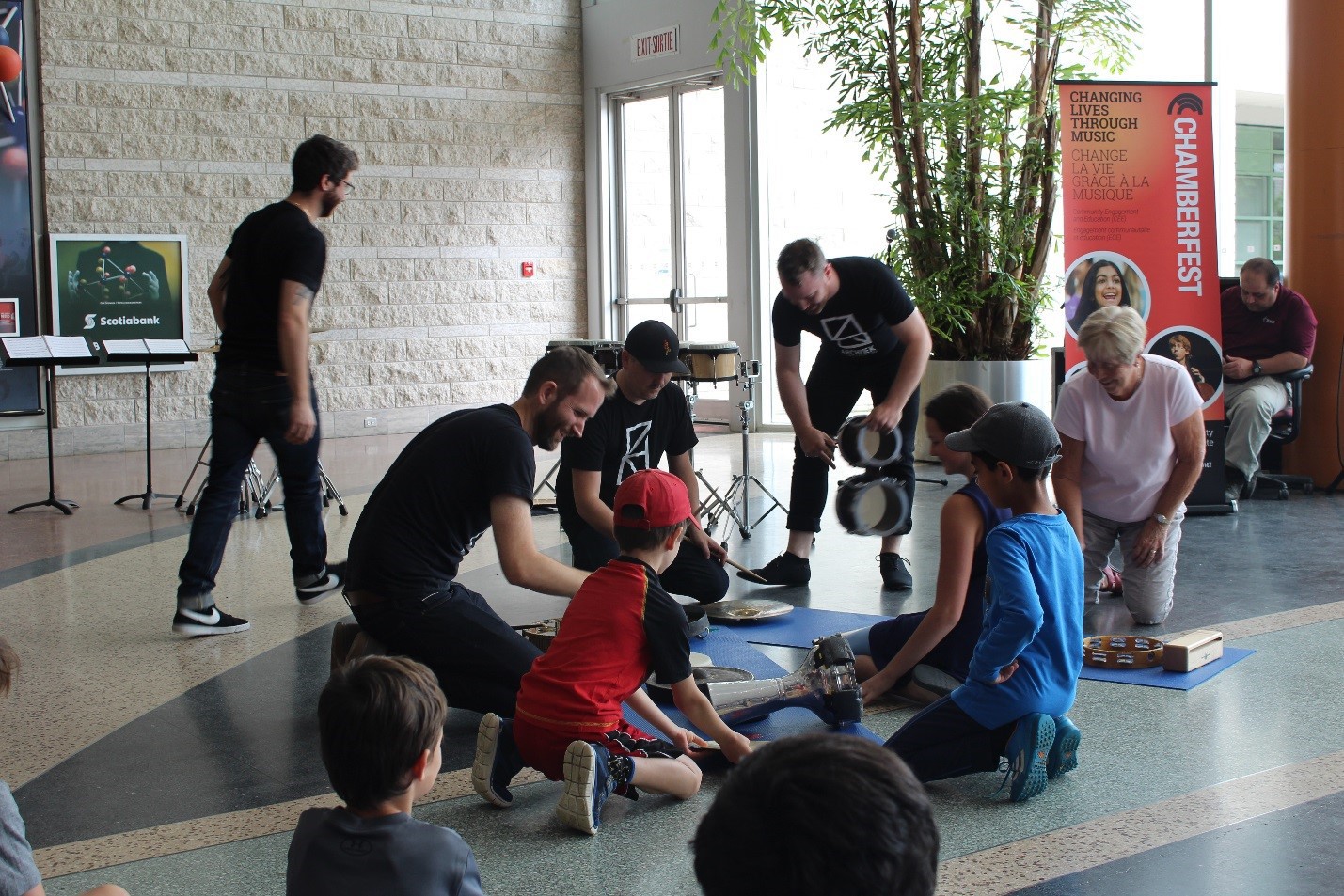Localization and community engagement for music stores in Canadian markets involve adapting business practices, marketing, and offerings to reflect local cultural preferences, languages, and community needs while fostering strong connections with local artists, audiences, and adjacent creative sectors.
Key strategies and insights include:
-
Localization through cultural adaptation and language: Music stores and platforms like Spotify succeed by offering localized content such as playlists featuring regional artists, platform translation into multiple languages, and pricing adjusted to local economic conditions. In Canada, this means respecting linguistic diversity (including English, French, and Indigenous languages) and cultural nuances, especially in provinces like Quebec where language laws are strict.
-
Community engagement via local partnerships and events: Music stores can build community ties by collaborating with local musicians, influencers, and cultural organizations. Hosting live events, workshops, or performances in-store or in community spaces helps foster a vibrant local music scene and supports emerging artists who often struggle to gain traction.
-
Leveraging public and alternative spaces: Toronto’s music strategy highlights the importance of using public spaces beyond downtown cores to increase accessibility and audience engagement. Innovative venue models, such as mobile stages or repurposed spaces, can help music stores and live music venues reach diverse communities, including immigrant populations concentrated outside city centres.
-
Connecting with adjacent creative industries: Strengthening ties between music stores and sectors like film, advertising, video games, and digital media can create new opportunities for promotion and collaboration, enhancing the local music ecosystem’s vibrancy and economic sustainability.
-
Supporting diversity and inclusion: Canadian music strategies emphasize diversity in artists and audiences, reflecting the multicultural makeup of Canadian cities. Music stores that showcase diverse genres and artists, including Indigenous and immigrant musicians, contribute to community vibrancy and cultural preservation.
-
Navigating regulatory and business environments: Understanding local regulations such as zoning, business licensing, and language laws is crucial for music stores to operate effectively and maintain community goodwill. For example, Quebec’s language laws pose challenges for music retailers that require careful compliance and localization of marketing and product information.
-
Economic and social benefits: Music venues and stores contribute to local culture, community identity, and economic vitality. Supporting these businesses through city programs, community benefit charges, and affordable space initiatives can sustain their role as cultural hubs.
In summary, music stores in Canadian markets should adopt localized content and language strategies, actively engage with local artists and communities, leverage public and innovative spaces, and foster cross-industry collaborations while respecting regulatory frameworks and promoting diversity to thrive and contribute meaningfully to their local music ecosystems.




















Maple Ranking offers the highest quality website traffic services in Canada. We provide a variety of traffic services for our clients, including website traffic, desktop traffic, mobile traffic, Google traffic, search traffic, eCommerce traffic, YouTube traffic, and TikTok traffic. Our website boasts a 100% customer satisfaction rate, so you can confidently purchase large amounts of SEO traffic online. For just 720 PHP per month, you can immediately increase website traffic, improve SEO performance, and boost sales!
Having trouble choosing a traffic package? Contact us, and our staff will assist you.
Free consultation